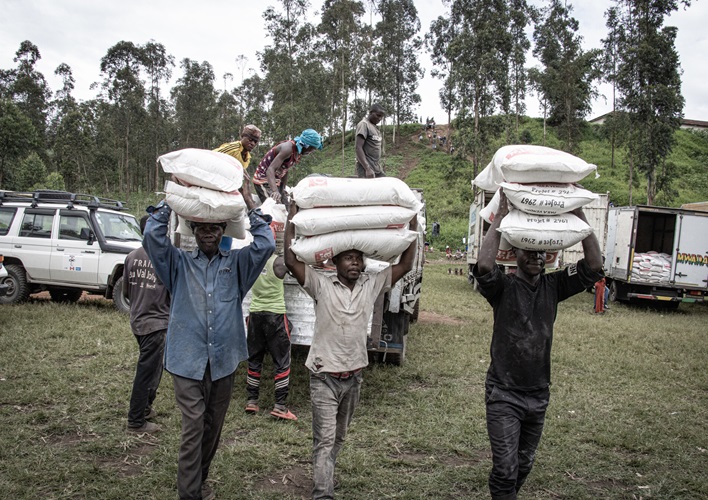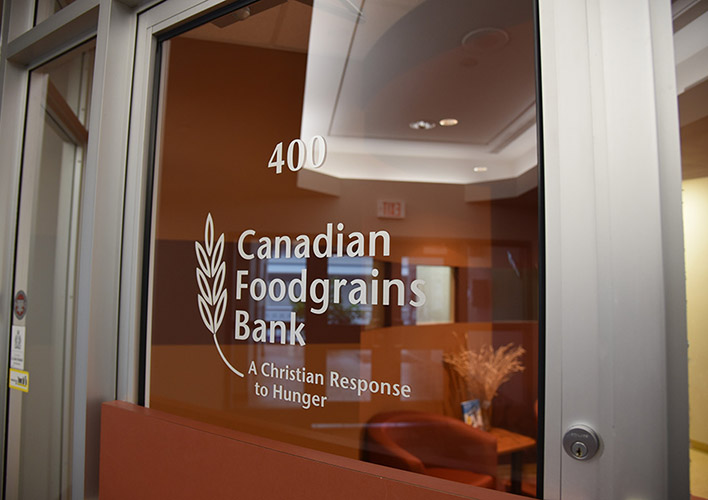The Canadian government is matching donations from individual Canadians made to the Humanitarian Coalition or one of its 12 members, including Canadian Foodgrains Bank, between August 4 and 24. (Photo: Mennonite Central Committee)
This story was updated on August 19, 2020 to reflect an increase in the Government of Canada matching fund up to a maximum of $8 million.
The Humanitarian Coalition salutes the commitment of the Canadian government to match donations made to provide assistance to people in Lebanon after the disaster that devastated the city of Beirut.
It is estimated that the explosion on August 4 of a warehouse in the port of Beirut has left at least 100 people dead, and thousands injured. More than 300,000 people have lost their homes.
In response to this disaster—complicated by an already critical situation in the country—the Honourable Karina Gould, Minister of International Development, announced this morning that the donations from individual Canadians made to the Humanitarian Coalition or one of its 12 members, including Canadian Foodgrains Bank, will be matched by the government, up to a maximum of $8 million. The match is retroactive to August 4 and runs until August 24.
“We are grateful the Government of Canada is taking action to support families in Lebanon that desperately need all possible help in the aftermath of this tragedy,” says Musu Taylor-Lewis, director of resource and public engagement at the Foodgrains Bank.
“This explosion could not have happened at a worse time. Lebanon had already been facing COVID-19 and a collapsing economy, with food prices rising approximately 160 percent since October 2019,” she adds.
Most of the food in Lebanon is imported due to the country’s limited production capacity. The explosion, stemming from a warehouse with ammonium nitrate, destroyed much of the country’s food stocks being stored at the port, causing high concern for an increase in hunger.
“The explosion damaged the port terminal that received the majority of the country’s grain imports. It is estimated the damaged silos held 85 percent of the country’s grain stocks,” says Taylor-Lewis. “Families are in crisis and need coordinated help to recover.”
The Humanitarian Coalition brings together leading aid organizations to provide Canadians with a simple and effective way to help during international humanitarian disasters. The following agencies are members of the Humanitarian Coalition: Action Against Hunger, Canadian Foodgrains Bank, Canadian Lutheran World Relief, Care Canada, Doctors of the World, Humanity & Inclusion, Islamic Relief Canada, Oxfam Canada, Oxfam-Québec, Plan International Canada, Save the Children, and World Vision.




